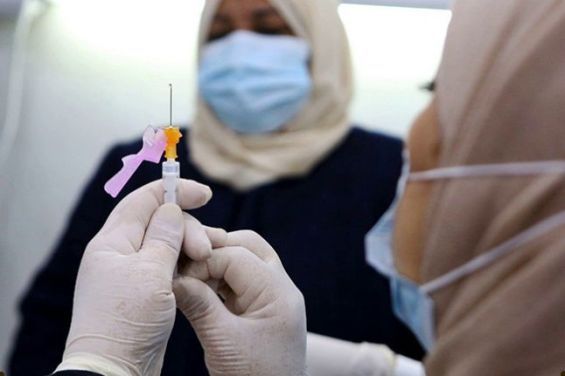A survey aimed at identifying the factors influencing COVID-19 vaccination willingness in Morocco revealed that 51.2% of participants were hesitant to get the vaccine. Published on November 5 in Cureus, a web-based, peer-reviewed medical journal, and conducted between April 9, 2022, and April 27, 2023, the survey involved 453 participants aged 18 and older from primary healthcare centers.
Key findings show that vaccine hesitancy is largely influenced by socioeconomic status, perceived risk, personal experience, and vaccine-related concerns. According to the survey, led by Moroccan epidemiologists from the Epidemiology and Health Sciences Research Laboratory at the Faculty of Medicine, Pharmacy, and Dental Medicine in Fez, individuals with no income were 2.7 times more likely to be hesitant about getting vaccinated.
Additionally, those who did not consider COVID-19 a serious threat were 13.1 times more likely to be hesitant, while people who hadn’t contracted COVID-19 were 3.3 times more likely to resist vaccination.
The survey also found that concerns about side effects and booster doses increased hesitancy by 8.6 and 5.5 times, respectively. Despite this, 48.8% of participants expressed willingness to be vaccinated. The researchers noted that this rate is lower than the global vaccination trend of 66.01%, as indicated by a systematic review and meta-analysis of 63 surveys, and below the 62.4% vaccine acceptance rate observed in Arab countries.
Low-income and vaccination willingness explained
The researchers highlighted that «the relationship between having no income and high vaccine intention» could be explained by the fact that people without income may have limited access to healthcare, viewing vaccination as an essential preventive measure to avoid costly medical expenses.
They also pointed out a positive correlation between perceiving COVID-19 as a severe infection and the intention to get vaccinated, explaining that «individuals who see COVID-19 as a serious threat are more likely to prioritize protecting themselves and their social circles».
However, the survey warned that «insufficient understanding of COVID-19, combined with a reduced perception of its severity, especially among those with a history of COVID-19 infection, contributes to lower vaccination intent».
The study concludes that the observed low willingness to get vaccinated poses a significant challenge to managing COVID-19 and potentially other infectious diseases, as similar factors likely influence vaccine acceptance. The authors urge for clear, reliable information on disease risks, vaccine effectiveness, and the benefits of immunization.




 chargement...
chargement...












